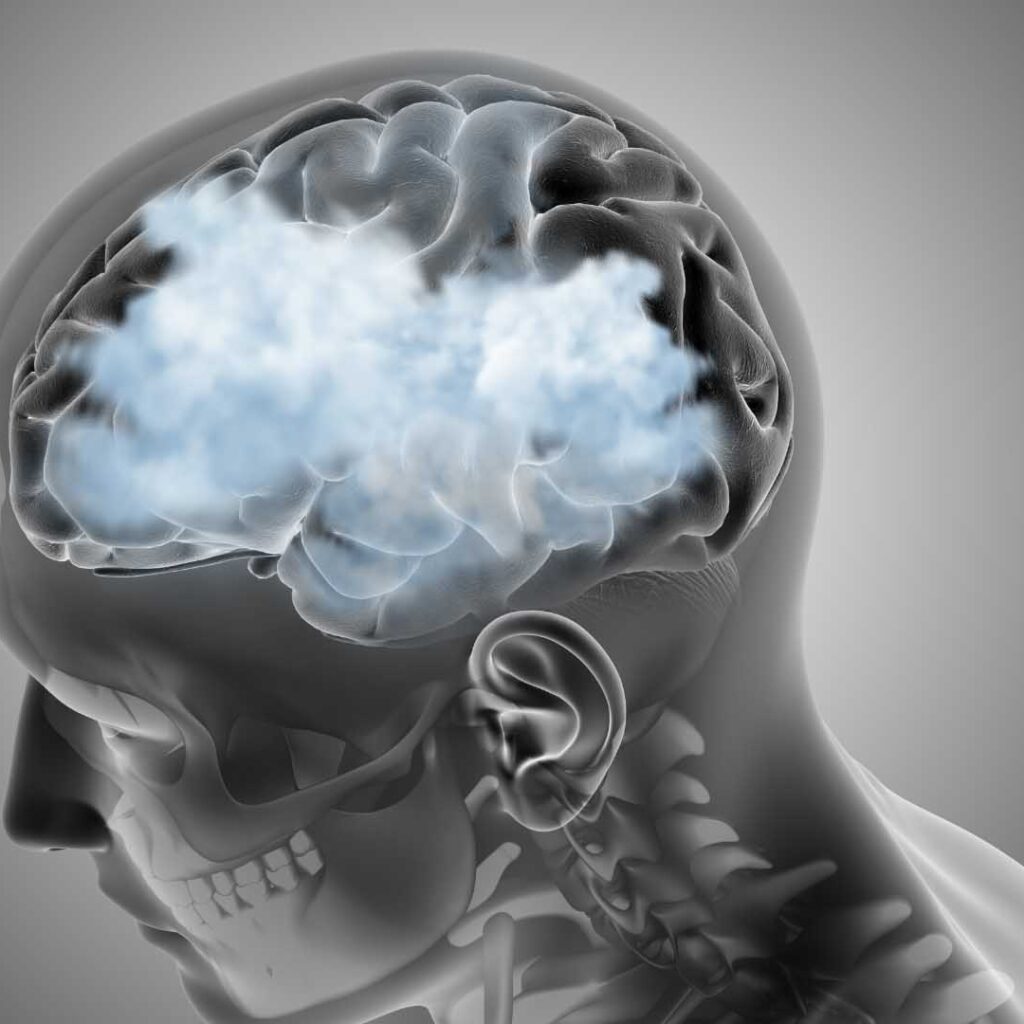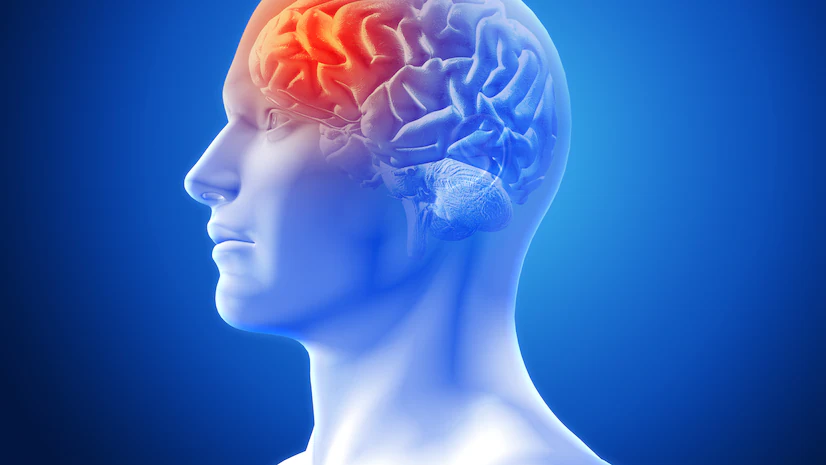
Do you ever feel like your brain is stuck in a fog? You’re not alone. Brain fog is a common complaint among people of all ages, and it can be frustrating and debilitating. But what if you could say goodbye to brain fog for good? Exercise may be the answer.
Research has shown that regular exercise can improve cognitive function and reduce the symptoms of brain fog. In fact, a study published in the Journal of Psychophysiology found that exercise improved cognitive performance in individuals with brain fog. But how does exercise have this effect? Well, researchers believe that it may be due to the increased blood flow and oxygenation to the brain that occurs during physical activity. This can help to improve focus, concentration, and mental clarity.
But exercise isn’t just good for reducing brain fog. It also has a number of other benefits for the brain. It can help to reduce stress and anxiety, improve mood, and even reduce the risk of neurodegenerative diseases such as Alzheimer’s and Parkinson’s. In fact, a study published in the Journal of Alzheimer’s Disease found that exercise reduced the risk of cognitive decline in older adults by 30%.
So, what kind of exercise is best for brain health? Aerobic exercise, such as running or swimming, is a great option. It can help to improve cardiovascular health, which is essential for maintaining healthy blood flow to the brain. Resistance training, such as weightlifting, can also be beneficial. It can help to improve cognitive function and reduce the risk of neurodegenerative diseases.
Here are some key points to keep in mind:
- Exercise improves cognitive function and reduces brain fog
- Aerobic exercise improves cardiovascular health and blood flow to the brain
- Resistance training improves cognitive function and reduces the risk of neurodegenerative diseases
- Even low-intensity exercise can be beneficial for brain health
Diagnosing Brain Fog

Brain fog can be difficult to diagnose, as it can manifest in different ways. Some common symptoms include:
- Difficulty concentrating or focusing
- Memory problems
- Difficulty with problem-solving or decision-making
- Feeling mentally “foggy” or disoriented
If you’re experiencing any of these symptoms, it’s important to talk to your doctor. They can help to determine the underlying cause of your brain fog and recommend appropriate treatment.
Treating Brain Fog with Exercise
Exercise is a powerful tool for treating brain fog. It can help to improve cognitive function, reduce symptoms, and even improve overall brain health. Here are some tips for incorporating exercise into your treatment plan:
- Start slowly and gradually increase intensity and duration
- Aim for at least 30 minutes of moderate-intensity exercise per day
- Incorporate a mix of aerobic and resistance training
- Find an exercise routine that you enjoy and can stick to
Conclusion
Brain fog can be a frustrating and debilitating condition, but exercise may be the answer. By incorporating physical activity into your daily routine, you can improve cognitive function, reduce symptoms, and even improve overall brain health. So why not get moving and say goodbye to brain fog for good?
Frequently Asked Questions
1. How much exercise do I need to do to improve cognitive function?
Even a short walk or some light stretching can be beneficial. Aim for at least 30 minutes of moderate-intensity exercise per day.
2. What type of exercise is best for brain health?
Aerobic exercise, such as running or swimming, is a great option. Resistance training, such as weightlifting, can also be beneficial.
3. Can exercise really reduce the risk of neurodegenerative diseases?
Yes, exercise has been shown to reduce the risk of neurodegenerative diseases such as Alzheimer’s and Parkinson’s.
4. How long will it take to see the benefits of exercise on cognitive function?
You may start to see benefits in as little as a few weeks.
5. Do I need to be a marathon runner or a bodybuilder to reap the benefits of exercise for brain health?
No, even a short walk or some light stretching can be beneficial. The key is to find an exercise routine that you enjoy and can stick to.
SUGGESTIONS:

